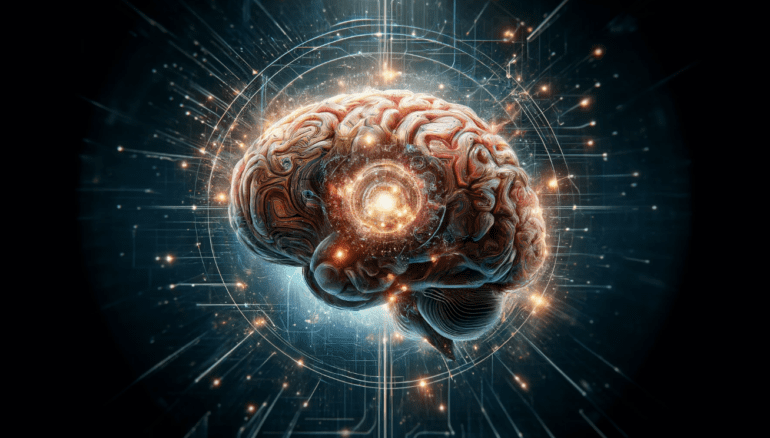- NTT and Yomiuri Shimbun caution about AI’s potential to disrupt societal trust and escalate conflicts.
- Concerns center around AI “hallucination,” where systems generate misinformation with confidence.
- Advocacy for strict regulations on AI technologies, especially in critical domains like elections and national security.
- EU crackdown on AI companies and establishment of monitoring initiatives by the US, UK, and Japan align with these concerns.
- Despite advancements, debate persists on the societal impact of AI, with calls for prudence in development and deployment.
Main AI News:
In a recent alarm sounded by Japanese technology powerhouse NTT and Yomiuri Shimbun, a prominent newspaper publisher, concerns over the destabilizing influence of Artificial Intelligence (AI) on societal structures have been raised. The core apprehension revolves around the potential collapse of trust within society due to the prevalence of inaccurate or biased AI tools.
NTT and Yomiuri Shimbun have highlighted the phenomenon of AI “hallucination,” wherein AI-driven systems fabricate information, often with unwarranted confidence. This, they contend, could lead to the dissemination of misinformation, exacerbating social tensions and potentially inciting conflicts. Consequently, there’s a looming fear that democratic norms and social order might disintegrate, escalating into full-scale wars.
The call to action from these influential entities emphasizes the necessity for stringent regulatory frameworks governing AI technologies. They advocate for legal restrictions, particularly in critical areas such as electoral processes and national security safeguards. Given NTT’s stature as Japan’s premier telecommunications provider and Yomiuri Shimbun’s status as the nation’s most widely circulated newspaper, their admonition carries considerable weight.
This cautionary stance coincides with the European Union’s crackdown on AI companies and the establishment of AI monitoring initiatives by the US, UK, and Japan. While advancements in AI, spearheaded by renowned labs like OpenAI, Google Deepmind, and Anthropic, offer promising capabilities, concerns persist regarding their potential societal ramifications.
Last year witnessed a collective plea from entrepreneurs and scientists for a temporary halt in the development of more potent AI systems, citing profound risks to society and humanity. Nonetheless, opinions within the research community remain divided, with dissenting voices arguing against overstating the peril posed by AI. Despite their utility in tasks such as email composition, report summarization, and image generation, AI bots remain susceptible to errors, underscoring the imperative for prudence in their deployment.
Conclusion:
The warnings issued by Japanese tech leaders underscore the urgent need for proactive regulation and careful deployment of AI technologies. Businesses operating in the AI market must navigate these concerns by prioritizing transparency, accountability, and adherence to regulatory frameworks. Failure to address these issues could result in reputational damage, legal repercussions, and heightened consumer mistrust, potentially hampering market growth and innovation in the long run.

